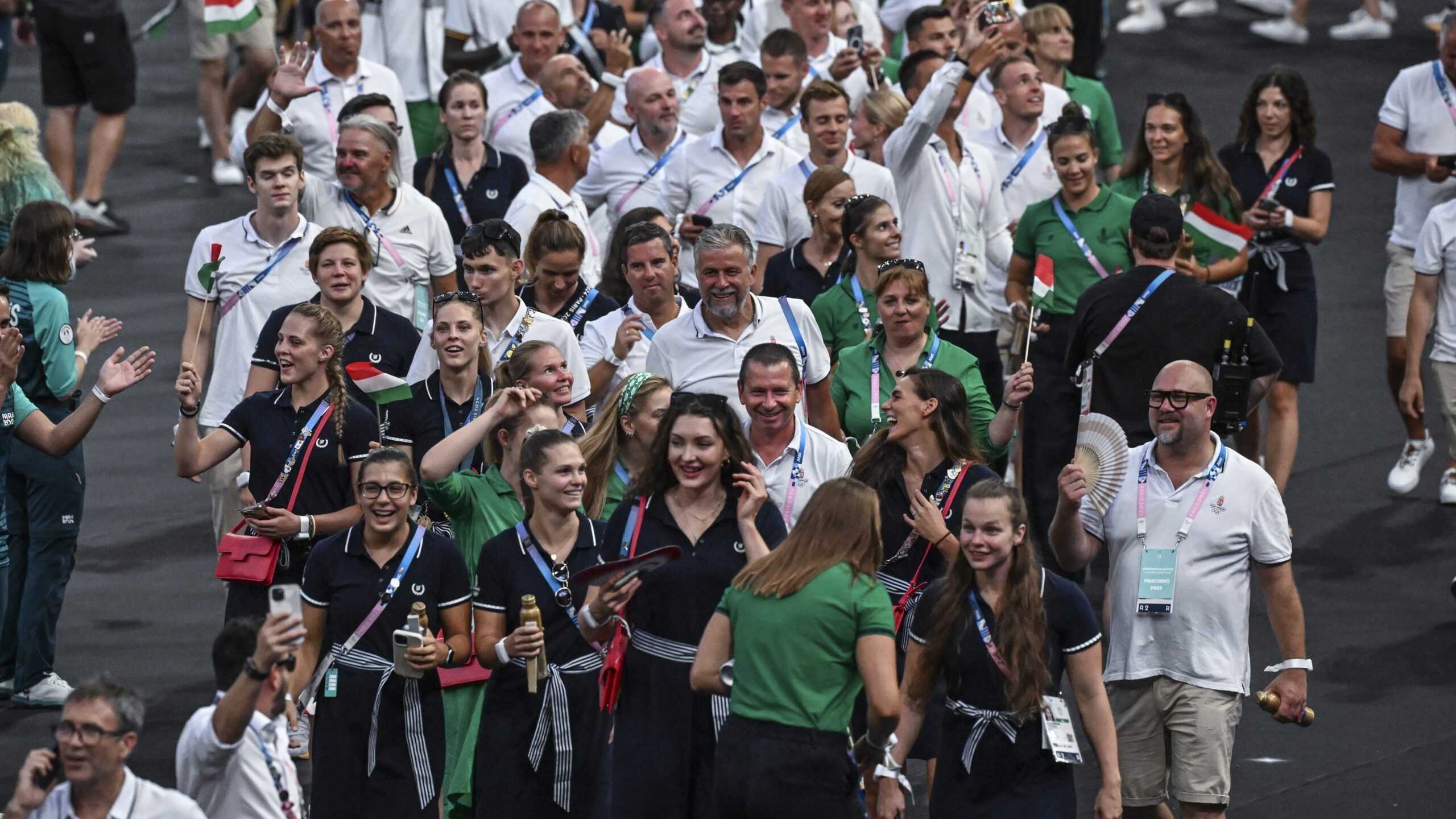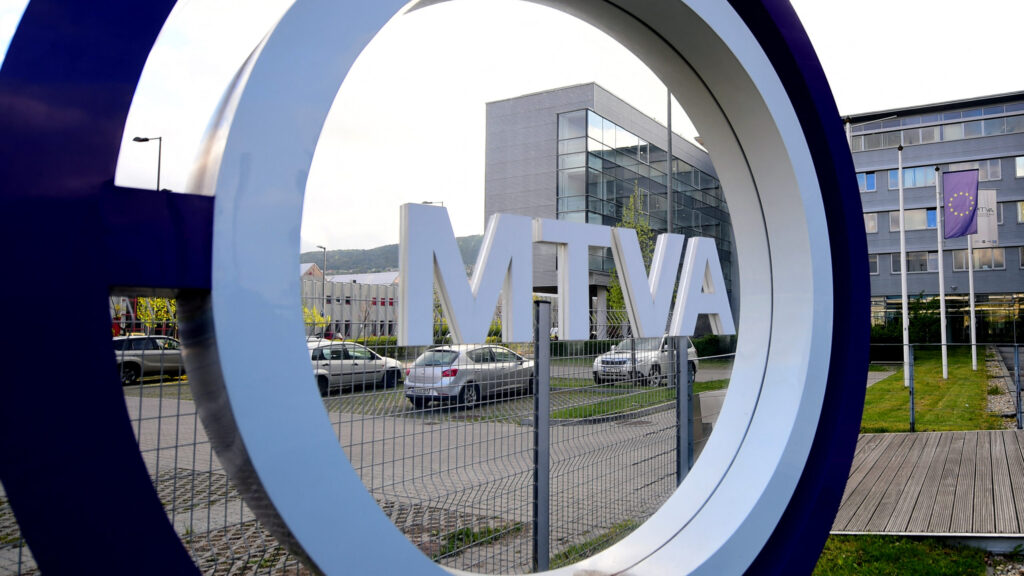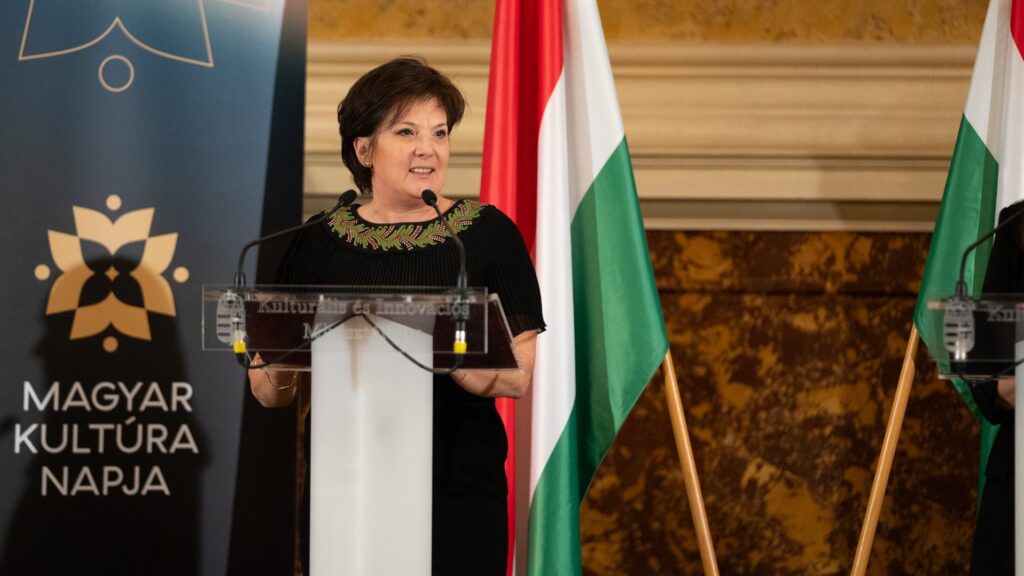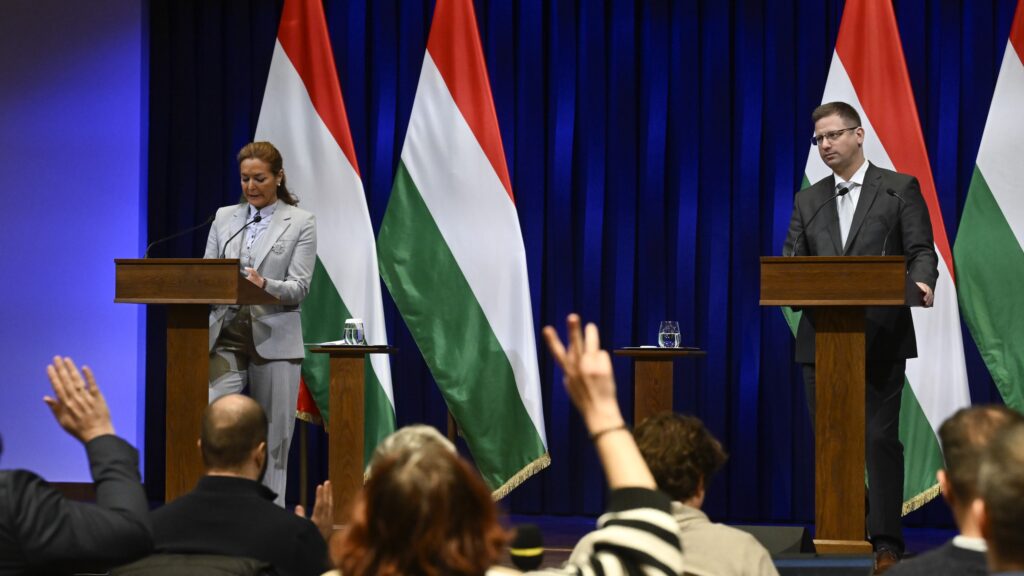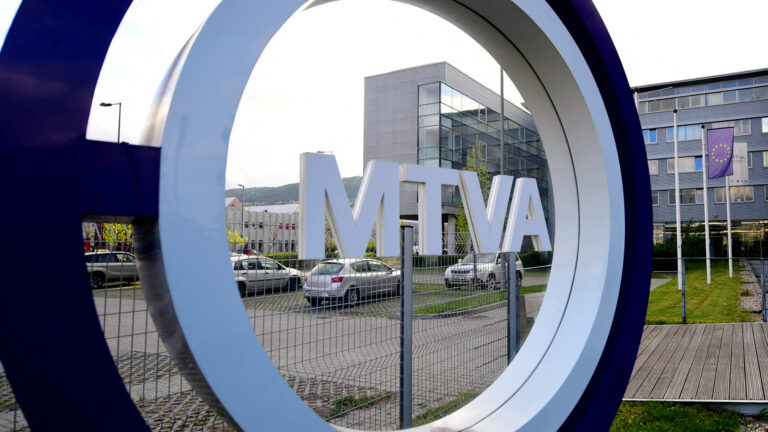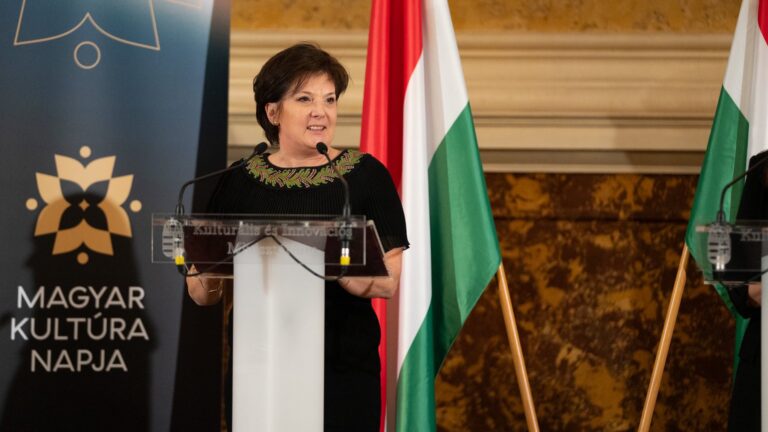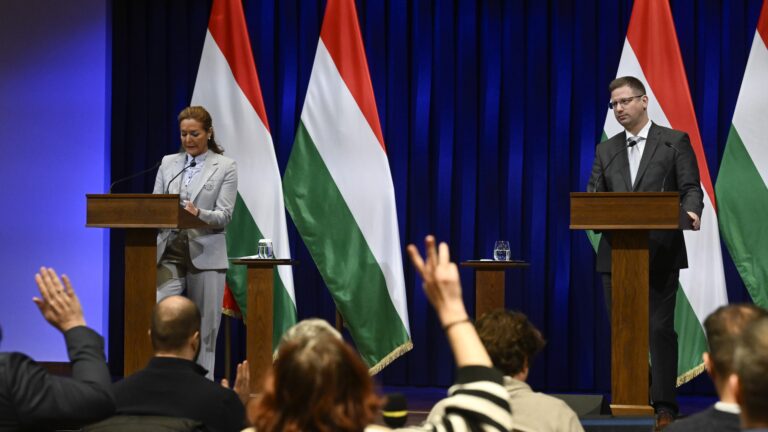Hungary secured the 14th place in the medal table at the Paris Olympics with six gold, seven silver, and six bronze medals, while the United States topped the table with a total of 126 medals. The Hungarian delegation won one fewer medal compared to three years ago in Tokyo, where they finished 15th in the medal table. In 2021 the Hungarian Olympic team returned home with six gold, seven silver, and seven bronze medals. In 2016 Hungarian athletes won eight gold, three silver, and four bronze medals in Rio, finishing 12th overall. In 2012, with a stunning performance, Hungary claimed eight gold, four silver, and six bronze medals, securing the outstanding 9th place in the medal table.
The most successful Hungarian performance in the history of the Olympic Games, however, took place at the 15th Summer Olympics in Helsinki in 1952,
where Hungarian athletes won a total of 42 medals—16 gold, 10 silver, and 16 bronze.
At the closing ceremony held at Stade de France, the flame was extinguished, marking the end of the 33rd Summer Olympics in Paris. The evening began with Léon Marchand, a four-time Olympic swimming champion, bringing the Olympic flame from the Tuileries Garden to the stadium in a lantern. The ceremony commenced with the orchestral rendition of La Marseillaise and the introduction of flags from 205 delegations. The Hungarian flag was carried by canoeist Tamara Csipes and swimmer Kristóf Milák.
Hungary was represented by 178 athletes across 20 sports, where they won a total of 19 medals—6 gold, 7 silver, and 6 bronze—securing the 14th position on the medal table. This placed Hungary ahead of larger nations such as Brazil, with a population of 205 million, and Spain, with 48.7 million. Hungary’s dominance in the region was also evident, as the other best-performing nation in East-Central Europe, Romania, finished 23rd.
Swimming emerged as one of Hungary’s most successful sports at the Paris Olympics. Hubert Kós triumphed in the 200m backstroke. The 21-year-old athlete, who has been training under the legendary Bob Bowman in the United States since early 2023, arrived in Paris as a strong contender, following his gold medal win at the Fukuoka World Championships the previous summer. Kós became the second Hungarian male swimmer to win this event at the Olympics.
Kristóf Milák won gold in the 100m butterfly and silver in the 200m butterfly. The 24-year-old world-class swimmer became only the second male swimmer in Olympic history to win four butterfly medals, a feat previously achieved only by Michael Phelps. Additionally, Milák joined the ranks of Krisztina Egerszegi and Tamás Darnyi as the third Hungarian swimmer to stand atop the Olympic podium at two different Games.
In open water swimming, Kristóf Rasovszky, who had finished second in Tokyo three years ago, led for most of the 10km race and secured the gold medal with a convincing performance. His fellow Hungarian, Dávid Betlehem, also delivered an excellent race and finished third. Rasovszky’s victory came exactly 12 years after Éva Risztov’s win in London, earning Hungary its second gold in the open water discipline.
Fans had plenty to celebrate with several other medals as well.
Michelle Gulyás won gold in the women’s modern pentathlon on Sunday, marking Hungary’s first Olympic title in the sport in twenty years.
Viviana Márton, at just 18 years and 175 days old, became the youngest Hungarian Olympic champion and the first in the history of Hungarian taekwondo by winning gold in the women’s 67kg category. Born in the Canary Islands and residing in Madrid, Márton’s victory was historic for Hungary.
Veronika Major secured a bronze medal in women’s sport pistol, ending a 20-year medal drought for Hungarian shooters following the late Diana Igaly’s gold in Athens. Bence Halász took silver in men’s hammer throw, while the men’s épée team—comprising Tibor Andrásfi, Máté Koch, Dávid Nagy, and Gergely Siklósi—won gold for Hungary. The men’s sabre team, with Olympic champion Áron Szilágyi, Csanád Gémesi, Krisztián Rabb, and András Szatmári, returned home with a silver medal.
Eszter Muhari, a 21-year-old fencer, earned a bronze medal in the women’s individual épée. The Hungarian kayak-canoe team brought home four silver and three bronze medals. Although they were unable to secure an Olympic title for the first time in nearly 50 years, their contributions kept Hungary’s position strong on the medal table.
Related articles:

